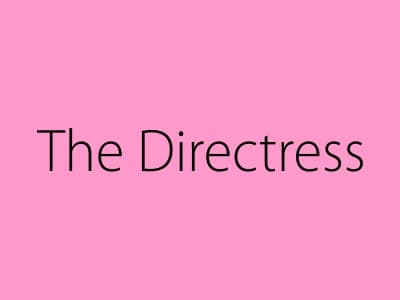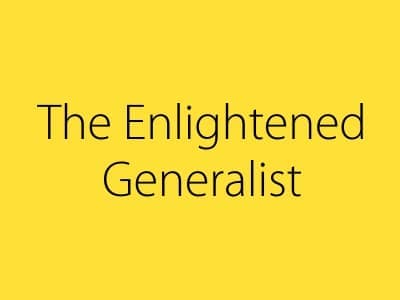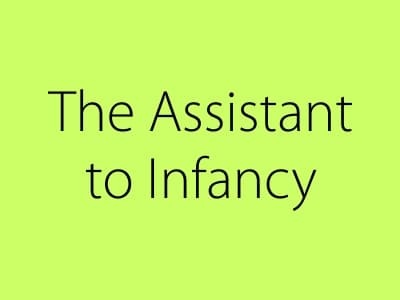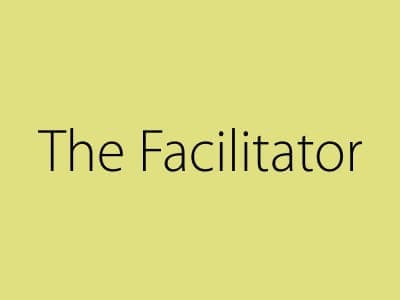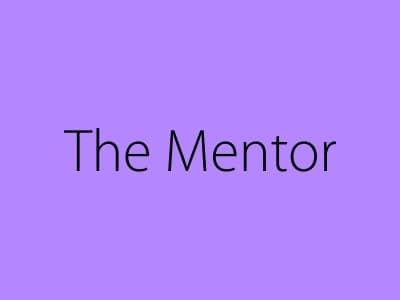Course Info:
Our diploma program for Montessori Senior Secondary is a composition of series of dedicated programs for College level teachers assisting students of ages 18 to 24. This program orients the exisiting industrialist or professionals of the respective domain to Montessori Philosophy of Child Development and assists them in mentoring the college students, following their needs of their age.
Course Ratings:
-
Course Excellence
%
-
Ease of Learning
%
-
Adaptability
%
-
Employed
%
Course Metrics:
| Theory Sessions: 200 hours | Follow-up Sessions: 200 hours max | |
|---|---|
| Overview | Topics |
| Montessori Philosophy & History |
|
| Young-Adult Development & Neuroscience |
|
| Prepared Learning Environment |
|
| Role of the Mentor & Observation |
|
| Practical Life & Independence |
|
| Advanced Sensorial & Inquiry |
|
| Communication & Academic Writing |
|
| Entrepreneurship & Community Service |
|
| Peace, Ethics & Global Citizenship |
|
| Inclusive Mentoring & UDL |
|
| Assessment & Action-Research |
|
| Capstone Practicum |
|
| Practicum Sessions: 200 hours | Follow-up: 200 hours max |
|---|
| Includes supervised mentoring, environment setup, guided observations. Independent study and portfolio work separate. |
| Internship | In-College Training |
|---|
| 600 hours in approved Montessori-aligned colleges or skill centres over two terms. |
| Core Knowledge Categories | |
|---|---|
|
|
If you need more details, please email or call us. Thank you!
Course Curriculum
What the Course Offers YouMontessori Philosophy & History| Young-Adult Development & Neuroscience| Prepared Learning Environment| Role of the Mentor & Observation| Practical Life & Independence| Advanced Sensorial & Inquiry| Communication & Academic Writing| Entrepreneurship & Community Service| Peace, Ethics & Global Citizenship| Inclusive Mentoring & UDL| Assessment & Action-Research| Capstone Practicum
Module 1 of 12 : Montessori Philosophy & History
| Category: | Philosophy & Pedagogy |
| Key Topics: |
|
| Hours: | 15–20 hrs |
| Description: | Lectures, readings & case studies on Montessori’s later work applied to college tutors. |
| Work Examples: |
|
| Assessment: |
|
| Knowledge: |
|
| Level: | Set One & Two |
| Outcomes: |
|
Module 2 of 12 : Young-Adult Development & Neuroscience
| Category: | Development & Neuroscience |
| Key Topics: |
|
| Hours: | 20–25 hrs |
| Description: | Lectures, brain-based learning labs & case discussions on young-adult cognition. |
| Work Examples: |
|
| Assessment: |
|
| Knowledge: |
|
| Level: | Set One & Two |
| Outcomes: |
|
Module 3 of 12 : Prepared Learning Environment
| Category: | Environment Design |
| Key Topics: |
|
| Hours: | 20–25 hrs |
| Description: | Workshops, site visits & labs on designing inclusive college spaces. |
| Work Examples: |
|
| Assessment: |
|
| Knowledge: |
|
| Level: | Set One & Two |
| Outcomes: |
|
Module 4 of 12 : Role of the Mentor & Observation
| Category: | Mentorship Skills |
| Key Topics: |
|
| Hours: | 15–20 hrs |
| Description: | Hands-on labs, role-plays & video-feedback on mentor-mentee interactions. |
| Work Examples: |
|
| Assessment: |
|
| Knowledge: |
|
| Level: | Set One & Two |
| Outcomes: |
|
Module 5 of 12 : Practical Life & Independence
| Category: | Life Skills |
| Key Topics: |
|
| Hours: | 15–20 hrs |
| Description: | Workshops and simulations on adulting skills in college life. |
| Work Examples: |
|
| Assessment: |
|
| Knowledge: |
|
| Level: | Set One & Two |
| Outcomes: |
|
Module 6 of 12 : Advanced Sensorial & Inquiry
| Category: | Sensorial & Inquiry |
| Key Topics: |
|
| Hours: | 20–25 hrs |
| Description: | Hands-on data labs, maker-projects & studio inquiry. |
| Work Examples: |
|
| Assessment: |
|
| Knowledge: | Learning Environments & Curriculum |
| Level: | Set One & Two |
| Outcomes: |
|
Module 7 of 12 : Communication & Academic Writing
| Category: | Communication Skills |
| Key Topics: |
|
| Hours: | 15–20 hrs |
| Description: | Workshops, writing labs & presentation practice. |
| Work Examples: |
|
| Assessment: |
|
| Knowledge: | Observation & Assessment |
| Level: | Set One & Two |
| Outcomes: |
|
Module 8 of 12 : Entrepreneurship & Community Service
| Category: | Entrepreneurship & Service |
| Key Topics: |
|
| Hours: | 15–20 hrs |
| Description: | Project labs & community partnerships. |
| Work Examples: |
|
| Assessment: |
|
| Knowledge: | Program Management |
| Level: | Set One & Two |
| Outcomes: |
|
Module 9 of 12 : Peace, Ethics & Global Citizenship
| Category: | Peace Education |
| Key Topics: |
|
| Hours: | 15–20 hrs |
| Description: | Role-plays, circle processes & project work on global ethics. |
| Work Examples: |
|
| Assessment: |
|
| Knowledge: | Diversity & Inclusion |
| Level: | Set One & Two |
| Outcomes: |
|
Module 10 of 12 : Inclusive Mentoring & UDL
| Category: | Inclusive Education |
| Key Topics: |
|
| Hours: | 15–20 hrs |
| Description: | Workshops & labs on inclusive practices and tech tools. |
| Work Examples: |
|
| Assessment: |
|
| Knowledge: | Families & Community Systems |
| Level: | Set One & Two |
| Outcomes: |
|
Module 11 of 12 : Assessment & Action-Research
| Category: | Assessment Methods |
| Key Topics: |
|
| Hours: | 15–20 hrs |
| Description: | Labs on designing rubrics and small-scale research projects. |
| Work Examples: |
|
| Assessment: |
|
| Knowledge: | Observation & Assessment |
| Level: | Set One & Two |
| Outcomes: |
|
Module 12 of 12 : Capstone Practicum
| Category: | Final Practicum |
| Key Topics: |
|
| Hours: | 40–60 hrs |
| Description: | Supervised teaching, peer feedback & final review. |
| Work Examples: |
|
| Assessment: |
|
| Knowledge: | Personal & Professional Growth |
| Level: | Set One & Two |
| Outcomes: |
|



